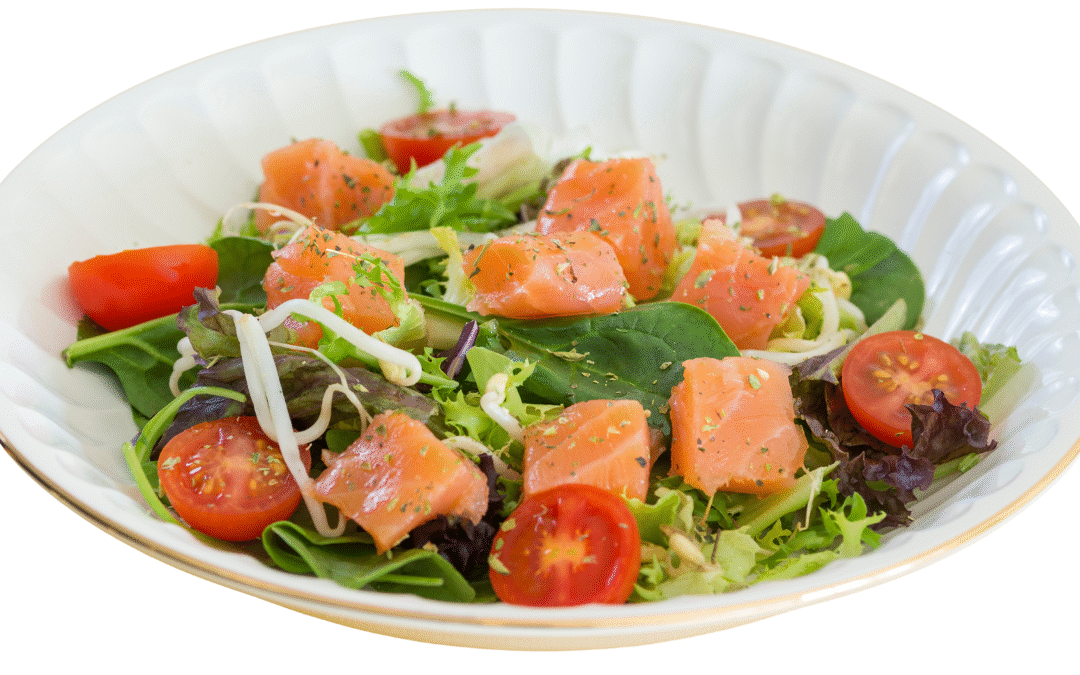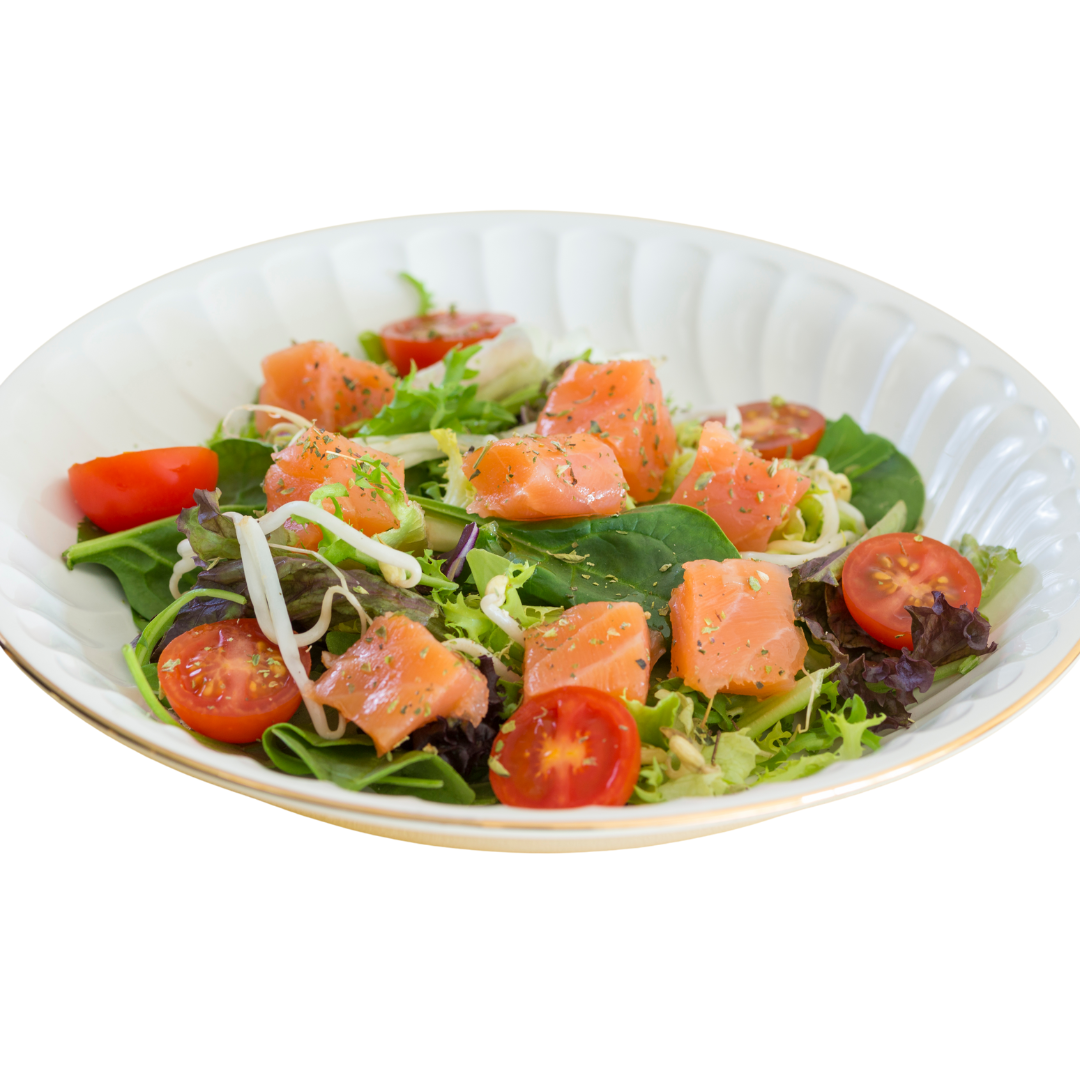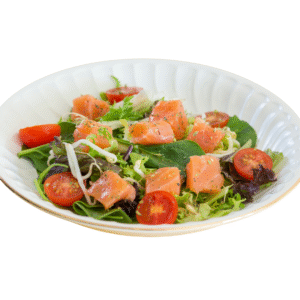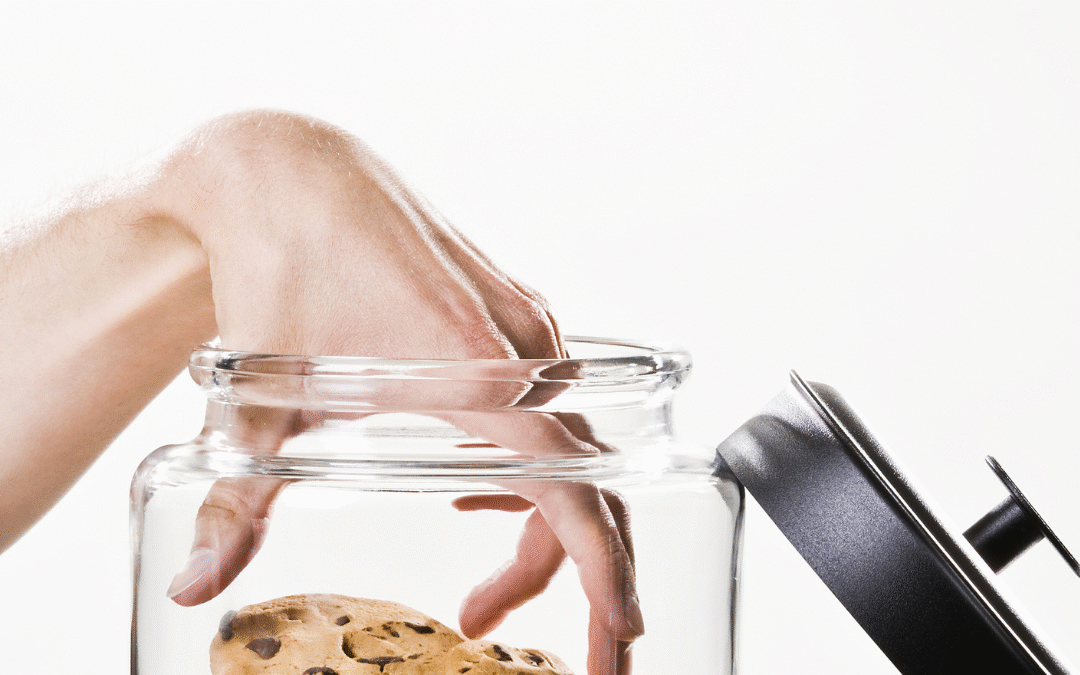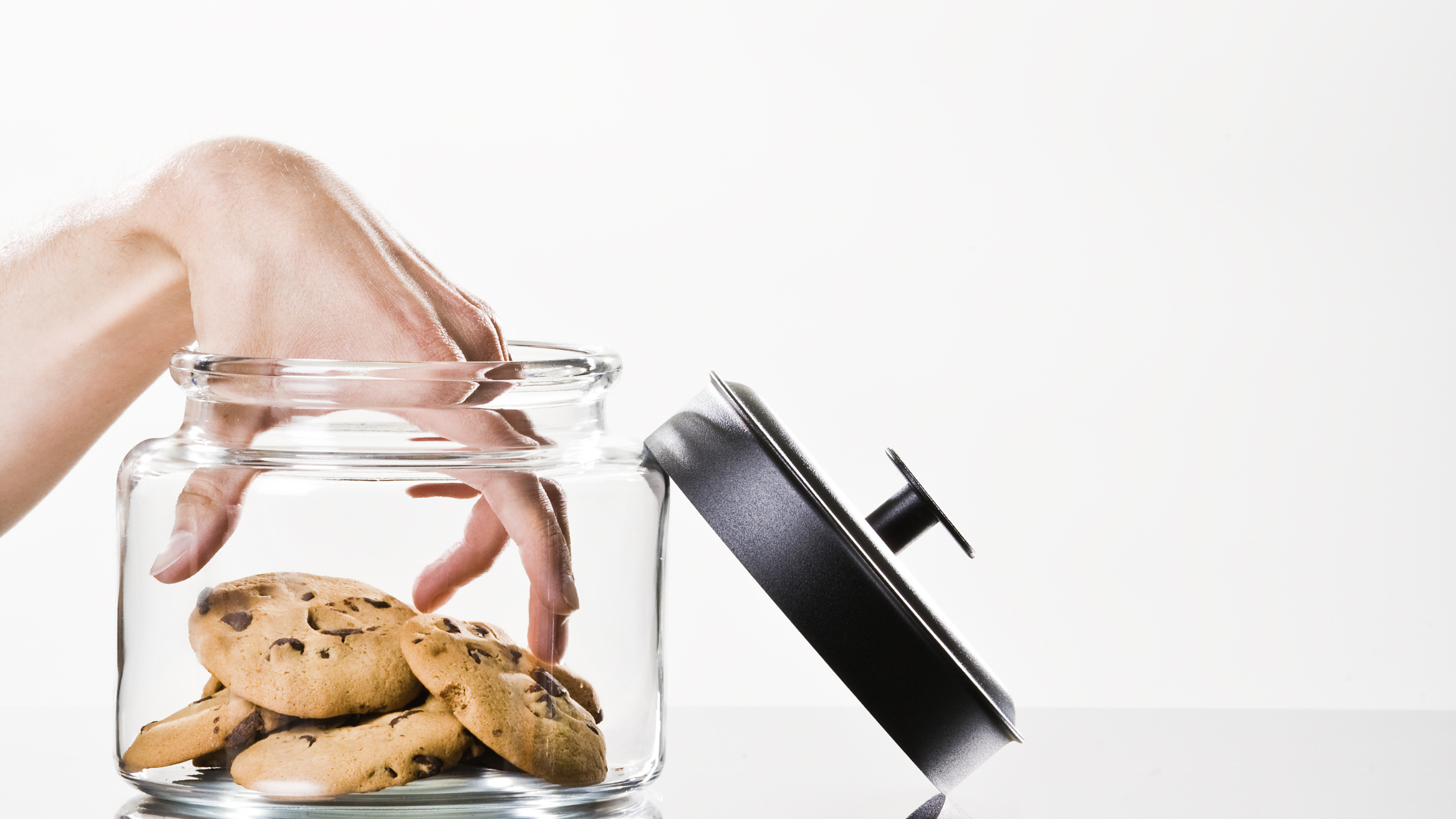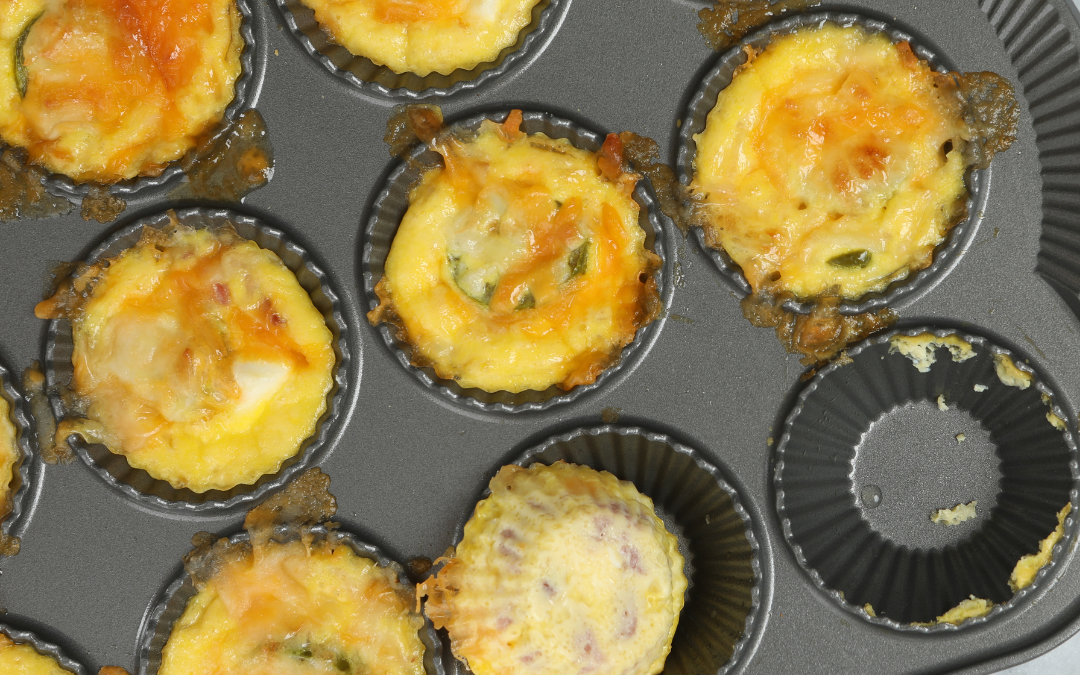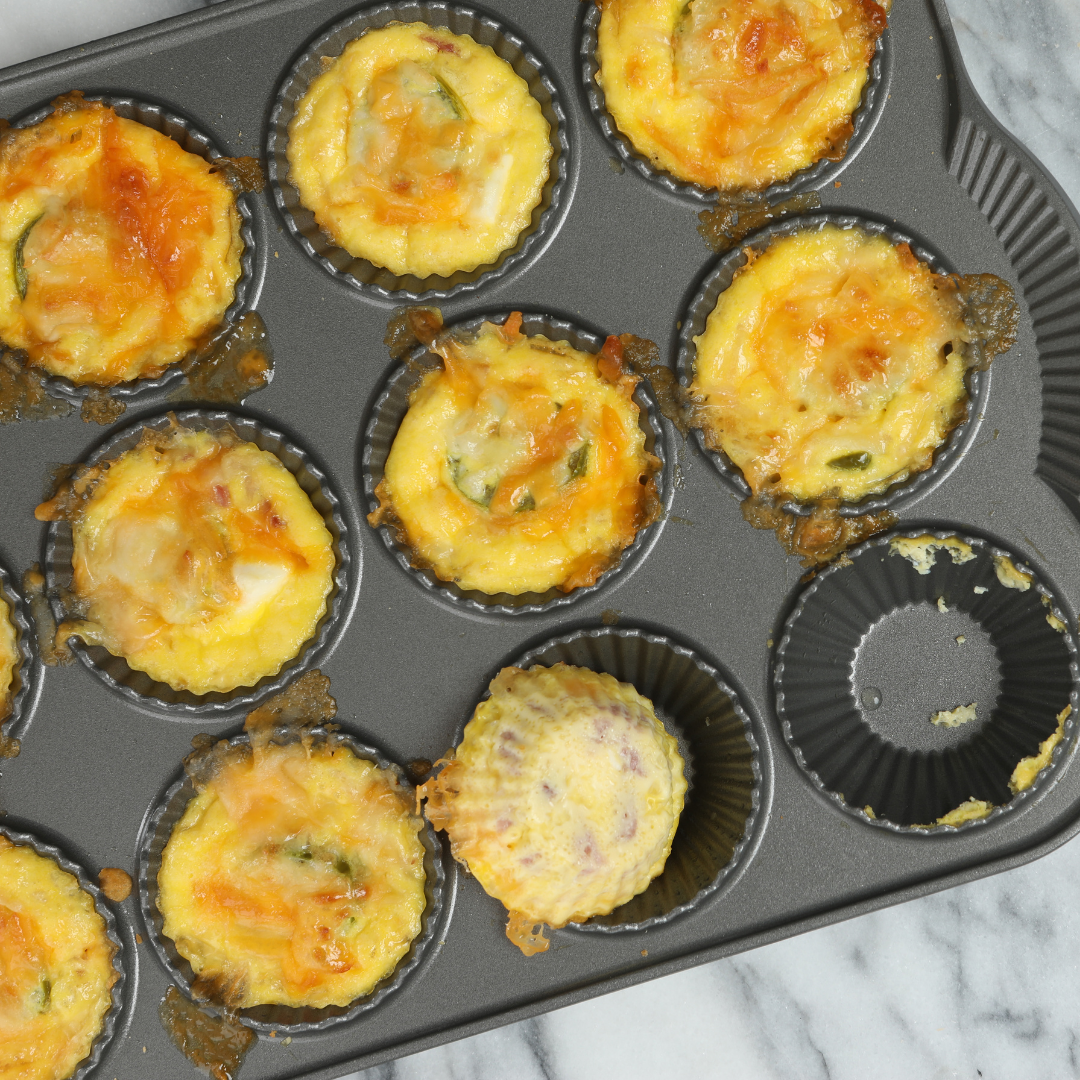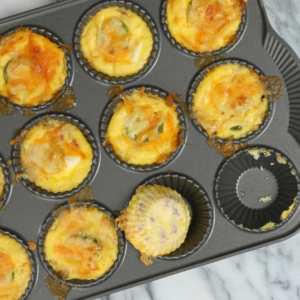
Coffee & Brain Health: Is It Beneficial After a Concussion or TBI?

Coffee is a delicious drink consumed by people of all different cultures and from all around the world. Coffee contains hundreds of bioactive compounds that contribute to its potentially powerful health benefits. Caffeine is a naturally occurring substance in coffee as well as tea, and chocolate – and is artificially added to energy drinks. Once consumed, caffeine is absorbed into the bloodstream and travels to the brain. Although the health benefits of coffee are mainly based on caffeine, coffee also contains many bioactive compounds and antioxidants such as chlorogenic acid, caffeic acid, kahweol, cafestol, and trigonelline.
How Does Caffeine Work on our Brain?
Adenosine is a neurotransmitter in your brain that promotes sleep. Neurons in your brain have specific receptors that adenosine can attach to. When it binds to those receptors, it inhibits the tendency of neurons to fire. This slows neural activity.
Adenosine normally builds up during the day and eventually makes you drowsy when it’s time to go to sleep. Caffeine and adenosine have a similar molecular structure. So when caffeine is present in the brain, it competes with adenosine to bind to the same receptors. Caffeine doesn’t slow the firing of your neurons like adenosine does. Instead, it prevents the adenosine from slowing down neural activity.
How Does Caffeine Boost Brain Function
Caffeine can lead to an increase in resting brain entropy. Brain entropy is vital to brain function, and high levels point to high processing abilities. An increase in resting brain entropy suggests higher information-processing capacity (1).
Caffeine also stimulates the CNS by promoting the release of other neurotransmitters, including noradrenaline, dopamine, and serotonin (2). This helps to boost mood and motivation, and help us to be productive during the day.
Caffeine and Cognitive Function
Coffee and caffeine may also affect your memory, but the research on this is mixed and more studies are needed. Some studies suggest that caffeine may have a significant positive effect on both short-term and long-term memory (3,4). Caffeine also appeared to make memories more resistant to being forgotten, compared with the placebo group.
Caffeine may improve various aspects of brain function, including reaction time, vigilance, attention, learning and general mental function. (5)
That said, you may develop a tolerance to caffeine over time. This means you will need to consume more coffee than before to get the same effects.
Keep in mind, however, that more isn’t always better. One study looked at abstainers, low consumers (one cup or equivalent a day), moderate (one to five cups a day), and high (five or more cups a day). The moderate and high consumers were found to have higher levels of anxiety and depression than the abstainers, and the high consumers had the greatest incidence of stress-related medical problems, as well as lower academic performance. (6).
Caffeine and Neuroprotective Effects
Research suggests that regular coffee drinkers (1–4 cups per day) may be associated with a reduced risk of neurodegenerative disorders, including Parkinson’s and Alzheimer’s diseases. The caffeine and polyphenols in coffee may exert protective effects on the brain by reducing oxidative stress and inflammation. (7)
Reduced Mortality Risk
A large prospective study found that coffee drinkers had a lower risk of death from various causes, including cardiovascular disease, neurological disorders, and suicide. (8)
Brain Injury and Caffeine
Despite the potential benefits of caffeine in managing concussion symptoms, it is essential to note that there are currently no studies directly examining the effects of caffeine consumption on concussions in humans.
While much of the existing research highlights caffeine’s properties, such as its neuroprotective and anti-inflammatory effects, these findings predominantly come from studies on animal models or general neurological conditions rather than concussions. Consequently, there remains a significant gap in understanding how caffeine might influence concussion recovery in humans.
Many people recovering from a concussion or brain injury will often want to use caffeine to help combat there cognitive fatigue or “brain fog”. However, the research is divided on whether or not caffeine is harmful after a brain injury. Caffeine in small amounts may be safe after a TBI, but excessive caffeine consumption could slow down the recovery process. Caffeine is a vasoconstrictor, which means it constricts the blood vessels in the brain, reducing blood flow. Without enough cerebral blood flow, the brain cannot get the vital nutrients it needs to repair itself.
On the one hand, coffee contains antioxidants that help the brain reduce inflammation and function more efficiently and help to provide neuroprotection and support mood, energy levels and focus. On the other hand, some studies show that caffeine blocks the release of adenosine, a neuroprotective agent that brings down inflammation and promotes brain healing. As a result, it could potentially slow down the recovery process. (9)
The injured brain needs a good amount of sleep to aid the healing process. It’s difficult to get that sleep in the period immediately following your injury. The recommended Brain Rest Protocol calls for 7 to 8 hours of sleep every night. A person’s pre-injury caffeine habit can disrupt that schedule. Limiting caffeine intake may help a healing brain get the much-needed good night of sleep.
Caffeine can exacerbate some of the brain injury related symptoms such as headaches and can stimulate an already overstimulated brain but as identified above it can also help combat some of the cognitive, energy and mood issues that are associated with brain injury as well.
How Much Coffee Should I drink if I have a Brain injury or a Concussion?
This will vary from person to person based on age, sex, genetics, medications, health issues and smoking.
The Food and Drug Administration (FDA) has stated that healthy adults should only consume about 4 or 5 cups (400 milligrams) daily to avoid potentially harmful or adverse side effects. However, for individuals with a concussion or brain injury it is suggested to be a lot lower.
Medical Director and founder of Mid-Atlantic Concussion (MAC) Alliance, Vincent Schaller, MD, DABFM, CIC. recommends no more than 100 mg., which is equivalent to 8-oz. cup of black coffee. He did note however that as headaches decrease and sleep improves, the amount of caffeine intake can be gradually increased.
Summary:
Caffeine has been well researched and shows a lot of health benefits including neurological health benefits. Research has shown that it can help improve mood, motivation, attention, energy, focus, reaction time, learning, memory and can be neuroprotective against Alzheimer’s and Parkinsons disease. Caffeine consumption and tolerance will vary from person to person and although it can be great for someone that has sustained a concussion or TBI it should be consumed responsibly and in the first stages following a concussion or TBI coffee intake should be limited to only 1 cup a day (100mg of caffeine).
To find out more about the negative effects of caffeine please check out this article.
References:
- https://www.nature.com/articles/s41598-018-21008-6
- https://pmc.ncbi.nlm.nih.gov/articles/PMC7132598/
- https://pubmed.ncbi.nlm.nih.gov/15678363/
- https://pubmed.ncbi.nlm.nih.gov/11713623/
- https://onlinelibrary.wiley.com/doi/abs/10.1111/j.1467-3010.2007.00665.x
- https://pubmed.ncbi.nlm.nih.gov/1410146/
- Eskelinen, M. H., & Kivipelto, M. (2010). Caffeine as a protective factor in dementia and Alzheimer’s disease. Journal of Alzheimer’s Disease, 20(s1), S167–S174. https://doi.org/10.3233/JAD-2010-091527
- Freedman, N. D., et al. (2012). Association of coffee drinking with total and cause-specific mortality. New England Journal of Medicine, 366(20), 1891–1904. https://doi.org/10.1056/NEJMoa1112010
- https://pubmed.ncbi.nlm.nih.gov/12943586/

